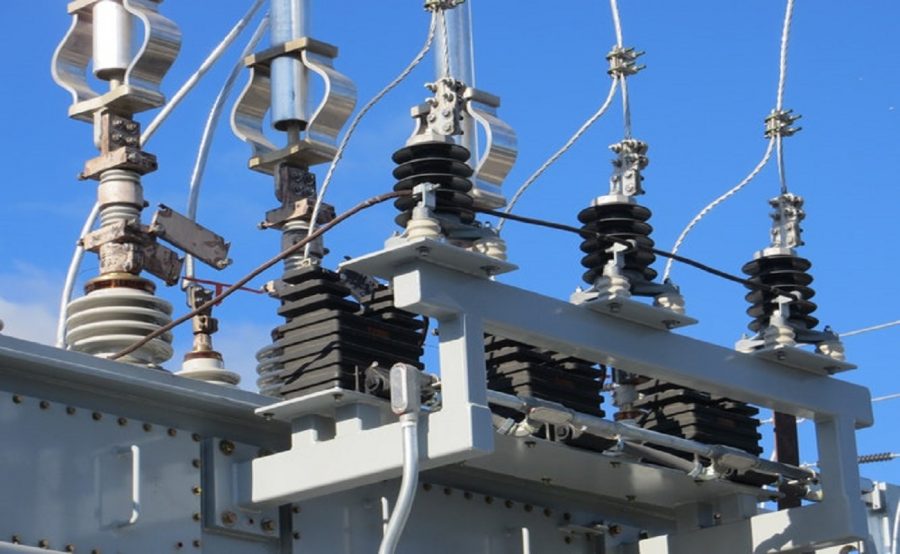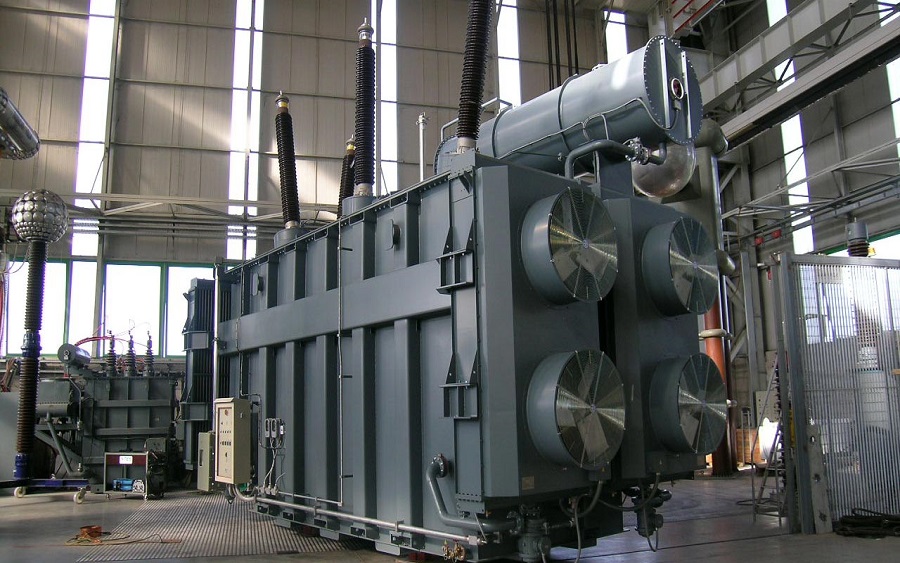The power generating companies have said they would halt the production of electricity across the country if the Nigerian Bulk Electricity Trading Company (NBET) persists on its move to slam a 0.75% gas payment administrative charge on them.
Describing the charge as unregulated and extortionist, the GenCos under the auspices of the Association of Power Generating Companies (APGC), also threatened to declare force majeure and relieve themselves of all market obligations, if the NBET stock to its guns.
[READ MORE: Banks, hotels, manufacturers brace up for 31% rise in electricity tariffs]
Reports have it that on Sunday, September 22, 2019, NBET slammed a 0.75% service charge on thermal power generators for every gas transaction, in which the agency would be involved in with the Gencos.
According to the GenCos, the agency made it mandatory that thermal Gencos would not be paid their energy invoices unless they agreed to pay the administrative charge going forward.
Addressing the development, the APGC’s Executive Secretary, Joy Ogaji maintained that the GenCos would have no option but to quit if the issue of the service charge was not addressed.
Ogaji further explained that NBET directed the GenCos to comply, adding that the agency threatened that on the contrary, the GenCos would not access the proposed N600 billion which the Federal Government planned to release to the sector if they fail to agree on the administrative charge.
Ogaji’s words: “If the relationship between the Gencos and other market participants and agencies of government, which is progressively becoming a master-slave or master-servant relationship is not addressed quickly, the time may just be right for Gencos to declare force majeure and relieve themselves of all market obligations, for which Gencos cannot be held accountable.”
[READ ALSO: Why NERC is considering increasing electricity tariffs]
Prior to this development, there were indications that the GenCos might no longer invest in the power sector should the market conditions where it declared generation capacities remain ignored and unpaid. The GenCos had revealed that the current market conditions and unpaid debt was counterproductive.



















